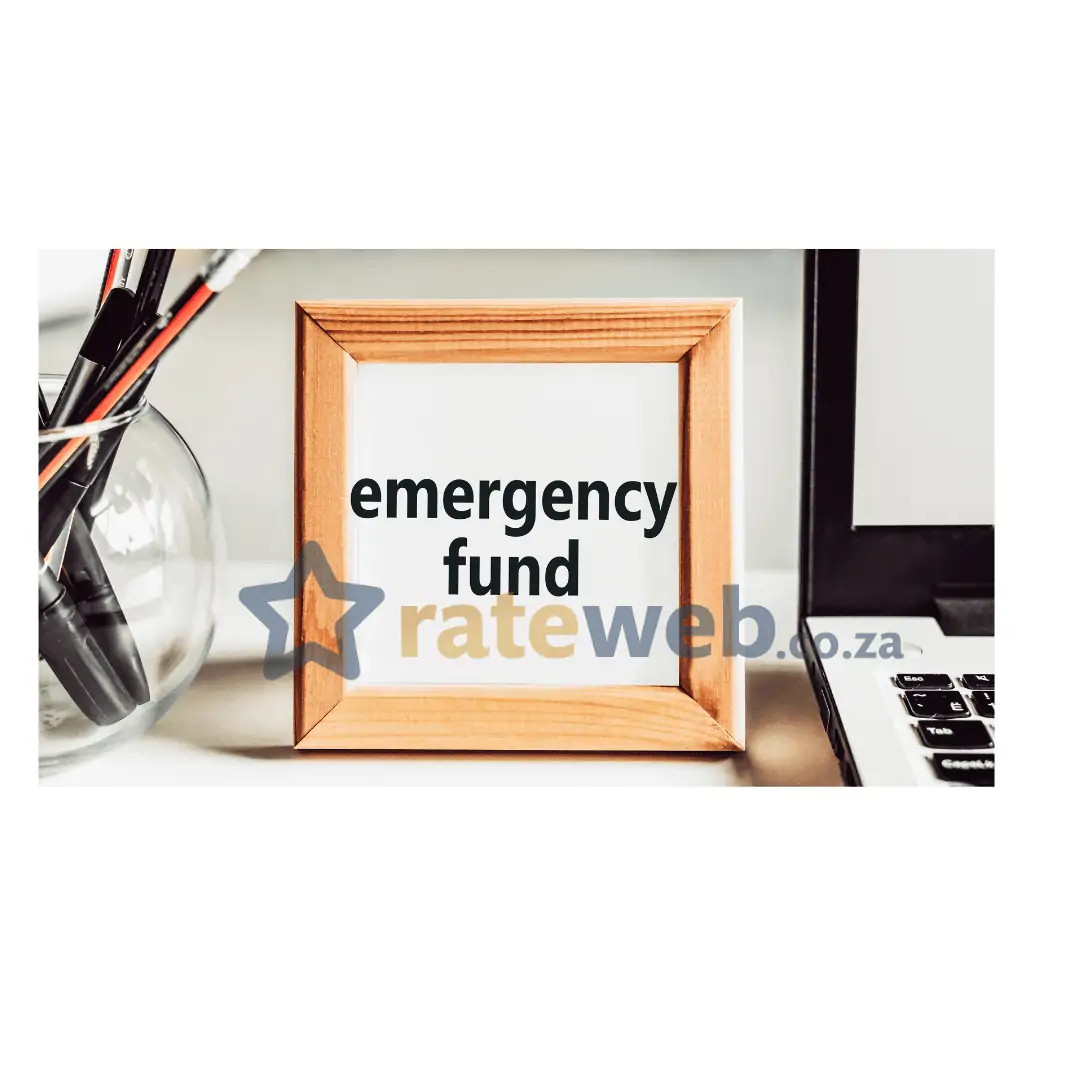
“Emergency Fund,” these are the words we’ve been hearing since the US housing bubble burst and, more recently, since the start of Covid-19. We’ve been told that we need an emergency fund and that it’s critical to have an emergency fund in order to be safe during a financial emergency.
As the words have been thrown at us to discuss serious issues, it is time to understand what an Emergency Fund is. And its importance to our personal finances. Continue reading as we delve into the subject and discuss its significance.
An emergency fund is money set aside or stashed away to be used in times of financial distress. The funds can be saved in a bank account or any other type of investment that can be withdrawn within 24 hours. The funds will be used to cover any unforeseeable event, which is why they must be liquid.
Unexpected expenses can include, but are not limited to, the following:
The primary goal of an emergency fund is to improve one’s personal financial security by creating a safety net through money savings. Money saved into this account can have a maximum cab if the expenses saved for are well calculated, however, if not money can be saved and more can be added over time.
In recent years we have come across some of the most financially challenging times and those that were most affected were the unemployed. Layoffs and breaks were common when the Covid-19 pandemic started causing a halt in salaries.
Loss of employment is not the only causal factor that raises a need for an emergency fund. There are things that can go wrong in one’s life and money may be needed to ensure that these things are fixed, for example, an urgent need for medical treatment. There are numerous reasons for an emergency fund, and various situations necessitate it.
Having an emergency fund creates a source of security for individuals so that they can be able to cover emergencies. This money can help in many ways more than one especially if one has lost their main source of income.
Furthermore, the fund not only helps you cover your emergencies but also helps in protecting your savings. You will not need to spend your savings if you have an emergency, therefore, your savings goals can be met.
A big dilemma that many face is where one should keep their emergency fund. Since an emergency fund has to be liquid, it has to be in an account that provides easy access to funds. However, convenience may not always be the best option since money may not earn any interest.
It is up to the user to decide how they want to keep their money. To save for an emergency fund, multiple accounts can be used. Here are some of the various types of accounts that can be used to save for an emergency fund.
Fixed deposit accounts allow you to save money while earning interest on them. The account includes an agreed-upon interest rate at the start of the period, as well as the number of compounding periods.
Fixed deposit accounts which are also linked to unit trusts may not be the best way to go if you are looking to save for an emergency fund, because converting money from this type of account takes longer.
A notice account is a type of savings account that requires a predetermined amount of notice before funds can be accessed. The account earns interest, which is usually compounded monthly. A 24-hour notice account is the best notice account for an emergency fund; however, this account has a low-interest rate but capital is guaranteed.
Banks offer a stash account when you open a cheque account. There are no fees associated with this account, and funds are available at any time. Stash accounts do not earn interest, so your money will not grow, and they only provide you with easy access to your money.
Now that you’ve learned about an emergency fund and its importance to your financial security, you should consider its advantages and disadvantages. Here are the advantages or disadvantages of having an emergency fund.
In recent years, the markets have demonstrated their unpredictability, requiring the creation of an emergency fund. Income-generating assets and businesses can become obsolete over time, and an emergency fund should be a safety net when that happens.
Not only are the markets volatile, but diseases have proven to be a significant distraction to livelihoods and economies. Rather be caught prepared by having an emergency fund than having no money to fall back on when hard times dawn.
This website uses cookies.